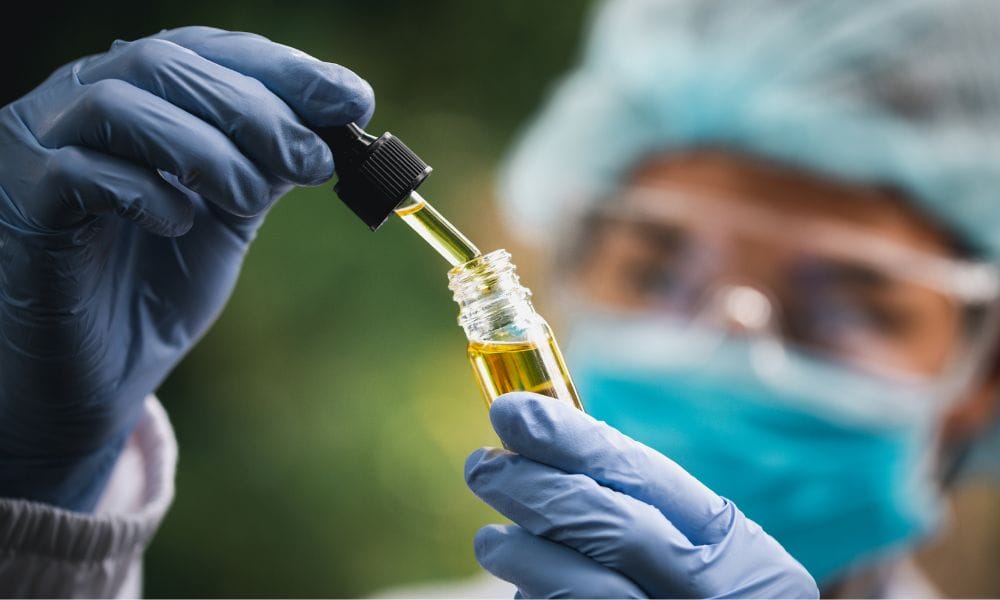Drug manufacturing is a highly regulated industry that involves numerous processes to ensure the safety and efficacy of drugs. One of the most critical processes in drug manufacturing is purification. Purification is the process of removing impurities from a drug to produce a pure and high-quality product. It’s a critical step because impurities in drugs can cause adverse reactions in patients, reduce the drug’s effectiveness, and even render it completely ineffective.
Below, we’ll further explain what purification in drug manufacturing is, how the process works, and why it’s important in ensuring the safety and efficacy of drugs.
What Is Drug Purification?
Drug purification is the process of isolating a desired chemical compound from a mixture of other compounds. In the pharmaceutical industry, drug purification is an essential step in drug development and manufacturing. It removes impurities and contaminants from the active pharmaceutical ingredient (API) and ensures the final product is safe and effective and meets regulatory requirements.
How Purification Works
Drug purification involves a series of techniques to separate and isolate the desired compound from a mixture of other compounds. There are several methods to purify drugs, but three of the common ones are crystallization, chromatography, and ultrafiltration.
Crystallization involves the precipitation of the desired compound from a solution by cooling or evaporation. The impurities and contaminants remain in the solution and get thrown out.
Chromatography separates and isolates compounds based on their physical and chemical properties. The mixture of compounds passes through a stationary phase. Then, the compounds are separated based on their interaction with the stationary phase.
Filtration has many applications in the pharmaceutical industry. Ultrafiltration, a process used to purify drugs, is one of them. During ultrafiltration, the drug solution passes through a special filter that separates smaller molecules from larger ones. The larger molecules are left behind while the purified drug solution passes through the filter.
What Are the Benefits of Purification?
Now that you have a better understanding of what purification in drug manufacturing is, you may wonder: why does it matter? Drug purification has many benefits, including:
Increased Purity
Purification ensures that the desired compound is free from impurities and contaminants, which is important for safety and efficacy.
Improved Drug Potency
Purification increases the concentration of the desired compound, which improves drug’s potency.
Better Solubility
Purification can improve the solubility of the drug, making it easier to administer and increasing its bioavailability.
Compliance With Regulatory Requirements
Purification is a necessary step in drug development and manufacturing to ensure compliance with regulatory requirements and standards.
Overall, drug purification is a critical process that the pharmaceutical industry uses to ensure the safety, efficacy, and quality of drugs.







